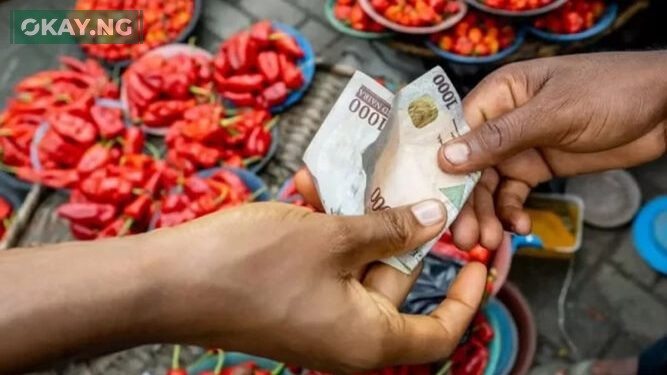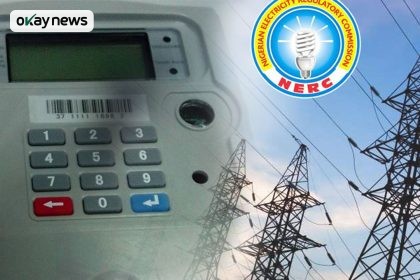Nigeria’s food inflation rate surged to 39.84% in December 2024, marking a significant 5.91 percentage point increase from the previous year’s 33.93%, while core inflation reached 29.28%, according to the latest Consumer Price Index report.
The food sector continues to face substantial price pressures, with dramatic increases observed in essential commodities including yam, potatoes, rice, and cereals. Sokoto state recorded the highest food inflation rate at 57.47%, followed by Zamfara at 46.39% and Edo at 46.32%, highlighting severe regional disparities in food price increases.
Core inflation, which excludes volatile agricultural produce and energy prices, rose by 6.21 percentage points from December 2023’s 23.06%. The increase was primarily driven by transportation costs, including taxi fares and intercity bus journey prices, alongside rising costs in restaurant meals and personal care services.
Read Also:
Nigeria’s Headline Inflation Hits 34.80% in December 2024, Marking Fifth Year of Rising Prices
Nigeria to Spearhead African Oil Production Surge in 2025 – AEC Outlook
Month-on-month data reveals a mixed picture, with food inflation showing a slight moderation to 2.66% in December from 2.98% in November 2024. This modest improvement was attributed to decreasing prices in select categories, including local beer, fruit juice, and some staple foods.
Regional analysis shows significant variations in food price pressures. While some states experienced severe inflation, others showed relative stability. Notably, Ogun (34.24%), Rivers (35.43%), and Kwara (35.58%) recorded the lowest food inflation rates, though still at concerning levels.
The twelve-month average food inflation rate stood at 39.12%, representing an 11.16 percentage point increase from December 2023’s 27.96%. This persistent upward trend suggests a deepening food security challenge across the nation.
Core inflation’s month-on-month rate increased to 2.24% in December from 1.83% in November, indicating accelerating price pressures in non-food sectors. The twelve-month average core inflation rate reached 27.15%, up by 6.39 percentage points from the previous year.
The widespread nature of price increases across both food and non-food categories, coupled with significant regional variations, presents complex challenges for policymakers working to maintain price stability and ensure food security across the nation.







